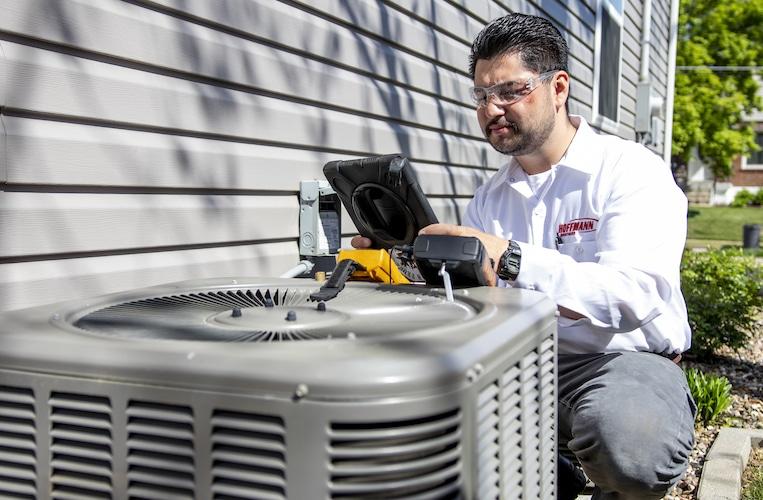When it comes to ensuring your streaming devices are compatible with IPTV, there are crucial steps you need to take. Imagine effortlessly accessing your favorite channels without any glitches or interruptions. Picture the convenience of seamless streaming on all your devices. By checking compatibility, you can unlock a world of entertainment at your fingertips. But how do you navigate these waters? Let's explore the essential aspects of testing IPTV compatibility with your streaming devices to make this dream a reality.
Understanding IPTV Technology
To understand IPTV technology, you need to grasp the fundamental concept of how television content is delivered over the internet. Unlike traditional broadcasting methods, IPTV utilizes internet protocols to transmit television signals. This means that instead of receiving TV programs through satellite or cable connections, IPTV delivers content through broadband internet connections. Through this technology, users can access a wide range of television programs, movies, and other media content on various devices such as smart TVs, computers, smartphones, and streaming devices.
IPTV operates by encoding video and audio signals into IP packets, which are then transmitted over the internet and decoded by the user's device. This process allows for on-demand access to content, interactive features, and personalized viewing experiences.
With the rise of high-speed internet connections, IPTV has become increasingly popular due to its flexibility, convenience, and extensive content options. By understanding how IPTV works, you can make informed decisions when selecting compatible streaming devices for your IPTV setup.
Checking Device Specifications
When evaluating streaming devices for IPTV compatibility, it's essential to review their specifications thoroughly. Here are some key specifications to consider:
- Processor: Look for devices with a powerful processor to ensure smooth streaming and playback of IPTV content.
- RAM: Adequate RAM is crucial for multitasking and seamless operation, especially when using IPTV services alongside other apps.
- Storage: Sufficient storage capacity is necessary to download IPTV apps and store recorded content without running out of space.
- Operating System: Ensure that the device runs on a compatible operating system that supports IPTV apps and updates.
Testing Network Connectivity
If you've already checked the specifications of your streaming device, the next step is to ensure that it has a reliable network connection for optimal IPTV performance. A stable internet connection is crucial for uninterrupted streaming.
Begin by verifying that your streaming device is connected to your network via Ethernet cable or Wi-Fi. For the best results, consider using a wired connection as it tends to be more reliable than wireless. Check the signal strength if you're using Wi-Fi to make sure it's strong enough for streaming.
If you notice any issues with the network connection, troubleshoot by restarting your router, moving closer to the router, or using a network extender. Additionally, ensure that your internet speed meets the minimum requirements for IPTV streaming, as slow speeds can result in buffering and poor video quality.
Using IPTV Extreme Compatibility Tools
For evaluating IPTV compatibility with your streaming devices efficiently, employing specialized tools can streamline the process. These tools are designed to help you identify any potential compatibility issues and ensure a smooth IPTV streaming experience. Here are some tools you can use:
- IPTV Compatibility Checkers: These tools analyze your streaming device and network settings to determine if they meet the requirements for IPTV streaming.
- Bandwidth Testing Tools: Check your internet connection's speed and stability to ensure it can support high-quality IPTV streaming without buffering or lag.
- Codec Compatibility Testers: Verify if your device supports the necessary audio and video codecs for IPTV content playback.
- Device Emulators: Simulate different streaming devices to see how IPTV services perform on various platforms before making a purchase.
Troubleshooting Common Compatibility Issues
To address common compatibility issues when setting up IPTV on your streaming devices, it's essential to troubleshoot effectively. Begin by checking your internet connection. A stable and fast internet connection is crucial for IPTV to function properly. If you encounter buffering or freezing issues, try restarting your router or connecting via Ethernet cable for a more reliable connection.
Another common problem is outdated software. Ensure that both your streaming device and IPTV app are running the latest updates. Updating firmware and apps can often resolve compatibility issues and improve performance.
Additionally, check for any restrictions or firewalls on your network that may be blocking IPTV streams. Adjusting network settings or contacting your internet service provider can help resolve these issues.
If you continue to experience problems, consider resetting your streaming device to its factory settings. This can eliminate any software glitches that may be causing compatibility issues.
Lastly, reach out to your IPTV provider for additional support and troubleshooting tips. By following these steps, you can effectively address and resolve common compatibility issues when setting up IPTV on your streaming devices.
Conclusion
Make sure to test your IPTV compatibility with your streaming devices to ensure a smooth viewing experience. By checking device specifications, testing network connectivity, using compatibility tools, and troubleshooting common issues, you can address any potential problems before they arise. Taking these steps will help you enjoy uninterrupted streaming of your favorite IPTV content on your devices.




